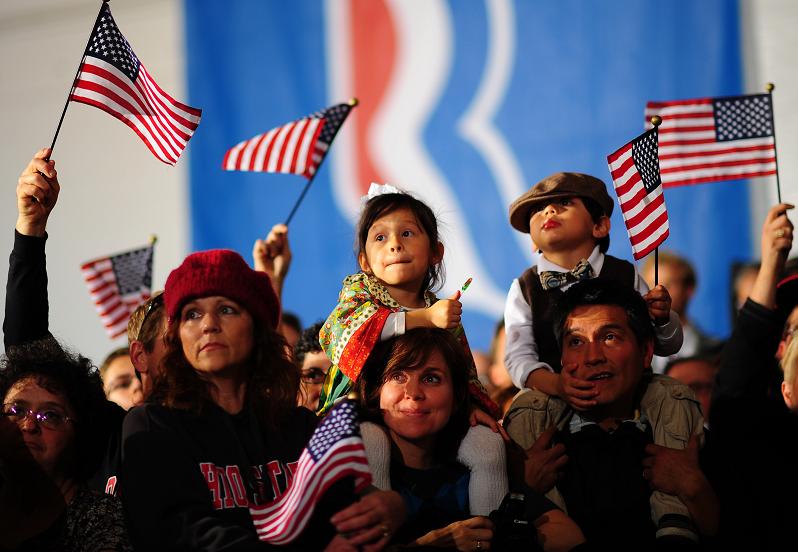Iowa caucus: What’s the difference between a caucus and a primary?
Republican voters cast secret ballots, while Democrats vote publicly in a slightly more unusual process

Your support helps us to tell the story
From reproductive rights to climate change to Big Tech, The Independent is on the ground when the story is developing. Whether it's investigating the financials of Elon Musk's pro-Trump PAC or producing our latest documentary, 'The A Word', which shines a light on the American women fighting for reproductive rights, we know how important it is to parse out the facts from the messaging.
At such a critical moment in US history, we need reporters on the ground. Your donation allows us to keep sending journalists to speak to both sides of the story.
The Independent is trusted by Americans across the entire political spectrum. And unlike many other quality news outlets, we choose not to lock Americans out of our reporting and analysis with paywalls. We believe quality journalism should be available to everyone, paid for by those who can afford it.
Your support makes all the difference.The caucus is the oldest method of choosing delegates.
Registered members of a political party in a town, city or county meet, usually in a place in the community, such as a school or church, to elect delegates to be put forward for presidential elections.
Although once more common, caucuses these days only take place in a few states, notably Iowa, Nevada and Alaska.
While Republican voters cast secret ballots, Democrats vote publicly in a slightly more unusual process, in which their candidates need the support of 15% of voters. Should a candidate fall below this threshold, the voter can choose another candidate.
Primaries, on the other hand, are much more common, conducted in 34 US states. They are similar to elections in the UK, with voters casting their ballot at polls.
There are several types of primary, varying between both states and parties; closed, in which only a party’s registered members can vote; semi-closed where members and unaffiliated voters can participate; open, where any registered voter can participate; and semi-open, where any registered voter may take part but must request a party’s specific ballot.
What happens next?
Once the primaries and caucuses are complete, the delegates go on to the National Conventions, which take place a week apart in July, Republican on 18-21 and Democratic on 25-28, when the presidential candidates are announced.
Join our commenting forum
Join thought-provoking conversations, follow other Independent readers and see their replies
Comments